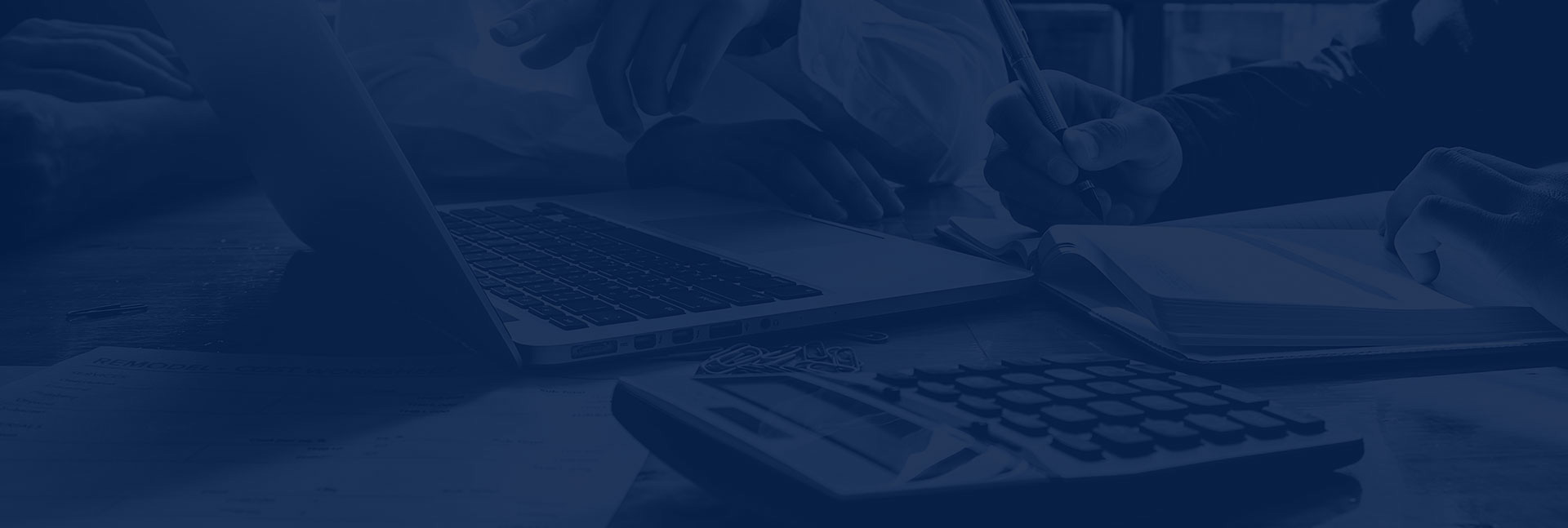A slip-and-fall accident occurs when guests or patrons slip, trip, or fall on third-party premises due to hazardous conditions or negligent oversights, such as broken handrails or loose floorboards. From swimming pool accidents to negligent security measures, these accidents can occur in various settings, such as slick floors in a grocery store, uneven walkways at a park, or loose carpeting in an office.
If you were injured in a slip-and-fall accident, securing experienced representation is vital to protecting your rights and seeking compensation for medical expenses, lost earnings, and other losses. Depending on the unique circumstances of the accident, various parties may be liable for damages in a slip-and-fall claim.
In this post, we’ll review how to hold negligent property owners accountable and recover damages in slip-and-fall claims.
Types of Slip & Fall Accidents
Slips, trips, and falls can result in injuries on third-party premises, such as restaurants, bars, hotels, retail stores, and other businesses that patrons and visitors frequent. Common types of slip-and-fall accidents include:
- Wet or slick surfaces: Slippery surfaces commonly cause slip-and-fall accidents. Property owners are obligated to promptly clean spills and display clear signage to warn visitors of hazardous conditions.
- Uneven surfaces: Examples include torn carpeting, poor stair design, or irregular pavement. Property owners are obligated safely maintain their premises to prevent accidents.
- Cluttered floors: Having loose objects or debris on the floor can lead to slip-and-fall injuries. It's the owner's responsibility to ensure walking areas are clear and safe for use by patrons and visitors.
- Inadequate lighting: Poor lighting can obscure hazards, resulting in slips, trips, and falls. Property owners are obligated to provide sufficient lighting in all areas of their premises for safety purposes.
- Loose cables or wires: Unsecured wires can pose a significant tripping hazard. Property owners and managers have an obligation to ensure all wires are neatly organized and tucked away, especially in high-traffic areas.
- Negligent security: In some cases, slip-and-fall accidents occur due to inadequate security measures, such as a lack of surveillance cameras.
New York Premises Liability Law
To determine liability in a slip-and-fall accident, we must first understand premises liability law. In New York, premises liability is the responsibility of property owners, managers, and occupiers to maintain safe conditions for customers and visitors.
Premises liability law is based on the concept of “reasonableness.” In other words, property owners must take reasonable steps to prevent accidents and injuries on their premises. To establish liability in a slip-and-fall claim, plaintiffs must prove that:
- The property owner knew or should have known about the dangerous condition and failed to fix it;
- The hazardous condition caused the accident and resulted in injuries; and
- The injured party had a legal right to be on the premises when the accident occurred.
While these elements may seem straightforward, they can be challenging and complex to prove, especially without a comprehensive understanding of the legal elements involved. Seeking sound counsel from an experienced slip-and-fall accident attorney is imperative to recovering fair compensation after sustaining a wrongful injury on third-party premises.
Liable Parties in Slip & Fall Accidents
Determining liability in a slip-and-fall accident can entail complex factors. A qualified lawyer can examine the specific nature of the slip-and-fall injury to help clients establish liability in their case. Some common examples of liable parties in slip-and-fall accidents include:
- Property owners: As primary caretakers of the premises, property owners are often liable for slip-and-fall accidents. This can occur if they fail to conduct regular maintenance, correct identified hazards, or provide adequate security measures.
- Tenants/leaseholders: If the accident occurred in a rented space, the tenant or leaseholder may be accountable for resulting injuries. This can occur if the tenant was aware of a potential hazard, but neglected to address it or notify the property owner.
- Employers: If a slip-and-fall accident happens in the workplace, the employer may be held responsible if they fail to adhere to occupational health and safety standards.
- Municipalities: For slip-and-fall accidents on public property, such as sidewalks or parks, the local government or municipality may be liable if it was aware of the dangerous condition and neglected to address it promptly.
- Maintenance companies: Companies contracted to maintain properties, such as cleaning or landscape services, can also be held liable if the accident occurred due to negligent acts or omissions.
- Manufacturers: If a slip-and-fall accident occurs due to a defective product, such as a faulty ladder or escalator, the manufacturer of that product can be liable for resulting injuries and damages.
Why Hire Attorney Seni Popat?
At the Law Office of Seni Popat, P.C., we know that securing experienced representation is paramount after sustaining a wrongful injury. Our Queens lawyer has over 15 years of experience protecting the rights of the wrongfully injured. From maximizing available damages to negotiating effectively with insurance companies, Attorney Popat has extensive knowledge of New York law to represent your best interests throughout your case. From filing your claim to gathering compelling evidence to establishing liability, our compassionate firm can aggressively pursue justice on your behalf while guiding your steps wisely and honestly from start to finish.
If you were injured in a slip-and-fall accident, our seasoned lawyer can help you seek fair compensation. Contact us online to discuss your case.













